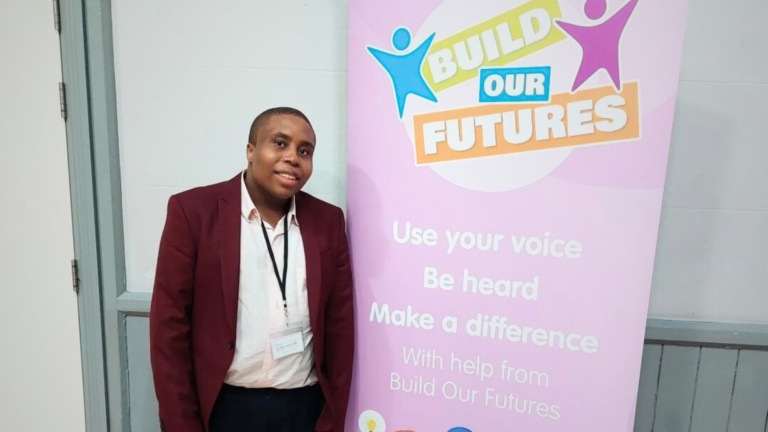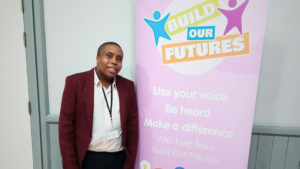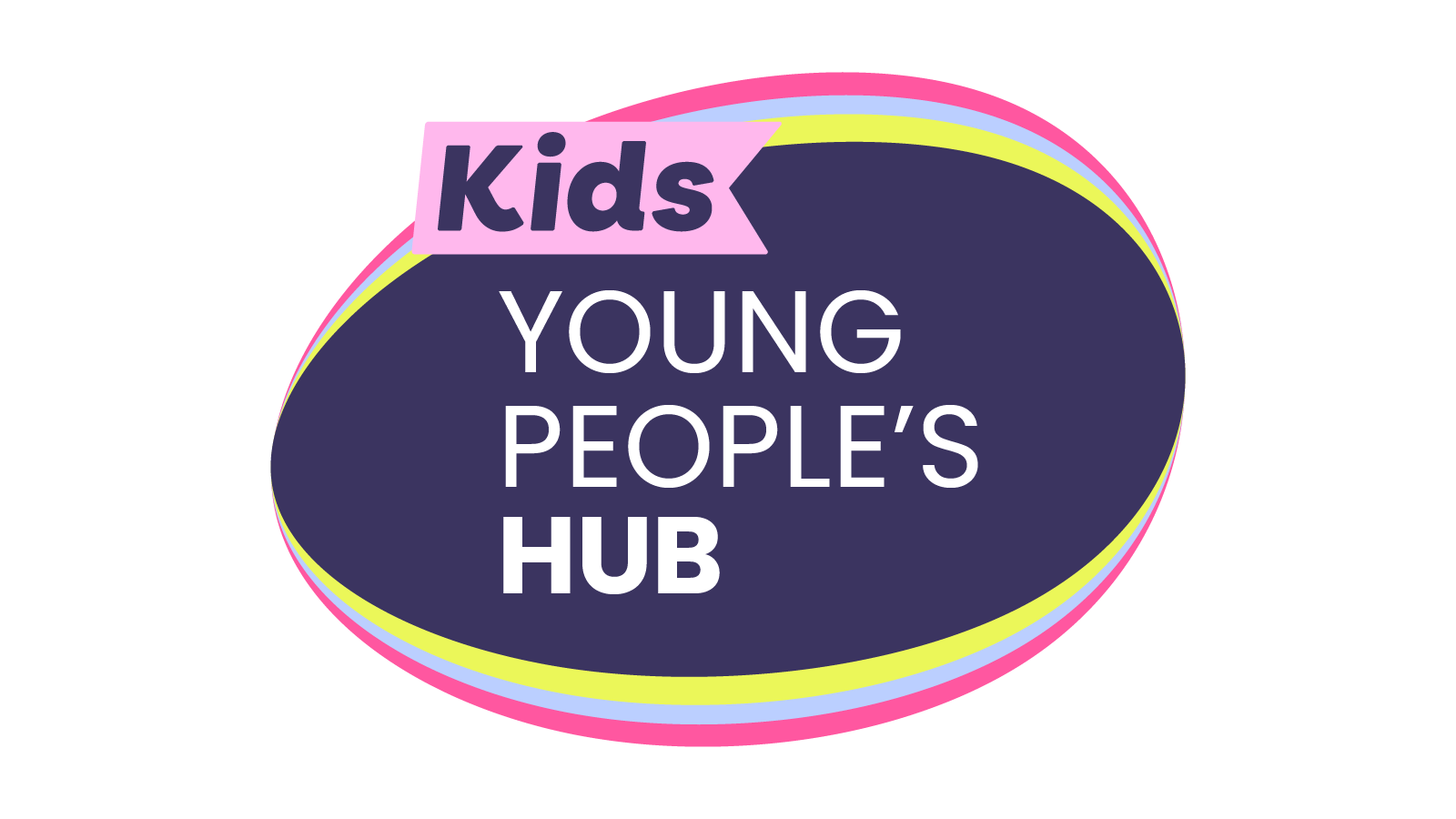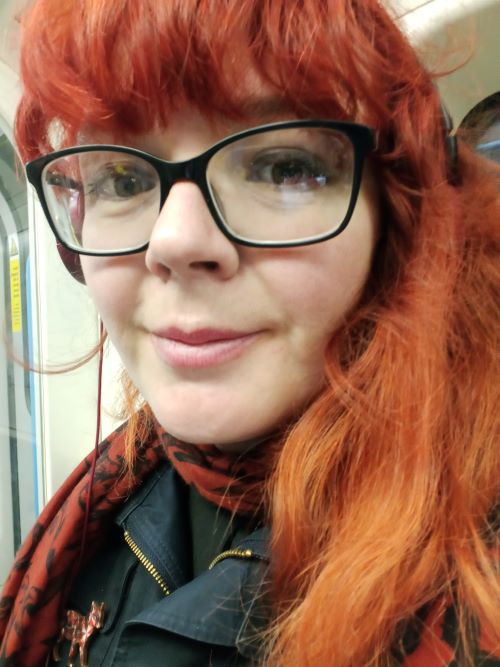Troy is involved with a few participation groups in his hometown of Wakefield. Today, he talks about being a mystery shopper and being part of a huge research project in his community.
What made you want to get involved with more participation groups?
After being part of Shout Out For Change, I was very unsure if I was able to do more groups. I kept asking myself questions – would a new group help me develop more confidence, am I going to make a difference, am I going to have success?
I was overthinking myself and there was a lot of anxiety, I think.
But then along came Build Our Futures, right?
Yes, I just wanted to keep going and give back to the community as much as I could.
So I approached one of their coordinators, to say I felt I could be a good fit for them. We spoke about what I’d previously done, and how I could help to get more young people discussing topics such as bullying, education, emotional wellbeing, identity, and other issues important to young people.

Tell us more about how it works
We meet every month on a Tuesday at the HQ, where we speak about the agenda that we’re working towards.
We do lots of mystery shopping over the summer and half terms.

What does mystery shopping involve?
Build Our Futures are contacted by various local youth groups, family hubs and youth hubs to see if we can ‘mystery shop’ their service.
It means young people, like myself, go along in secret to assess what the club is doing.
We often go in the school holidays when these hubs are more active and running more sessions.
What kind of thing are you assessing?
We go to these different groups and evaluate what they do…
Is their content relevant? Are they making young people feel safe? Are there good bathroom facilities? Is the good security good?
We then give them scores and report on what we found.
It could be other things too, like did the staff engage with us, how were we treated, did we have to sign in or could anyone walk in?
It’s really interesting to be a part of.

Have you seen the difference you make?
I’ve not done any return visits so far, but the groups feedback to Build Our Futures on the steps they’ve taken to make the changes we suggest.
And you’re a part of The Big Conversation as well?
Yes, that’s asking all sorts of people from lots of backgrounds about Wakefield and what they’d like to change.
So it’s about how can we make the district better for them. Is it having more shops, entertainment areas, parks, better education.
How does that work?
We go out in teams onto the street and talk to people from all walks of life. We ask people walking past us, what do you like most about living, or working, or studying around here? Or we ask “Imagine your area 10 yrs from now, what would you like life to be like around here?”
The Big Conversation is not just talking to young people with SEND or disabilities, it’s any ability, any age, any background.
How does it make you feel when you’re asking questions?
It can be nerve-racking speaking to people you don’t even know, but your passion shows when you get out there and speak about something you care about.
You wonder are they going to be nice, are they going to stop, are they going to want to be part of it…
What helps you in all these interactions?
There is anxiety, but you’ve got to have strategies to cope. Maybe breathing exercises… or countdowns in your head…or mindfulness…or listening to music.
It can take a toll on your mental health at times when you’re doing something new and don’t know what to expect.
But we get trained on how to lead a conversation, ask open ended questions, rephrase questions. So it helps to know these things to do the role well.
I love being part of projects that help the community – it really is my passion!
You can read Troy’s previous articles about passion and empowerment and starting a participation group
“Strategies to cope include maybe breathing exercises… or countdowns in your head… or mindfulness… or listening to music”.
Troy

Troy’s Top 5 Interaction Tips
- Ask your local council if they need mystery shoppers, or how you can get involved.
- Always be part of a team, for support.
- If you’re anxious, take a break.
- Have strategies for breathing and calming your mind.
- Always ask for training and help, if you need it.


